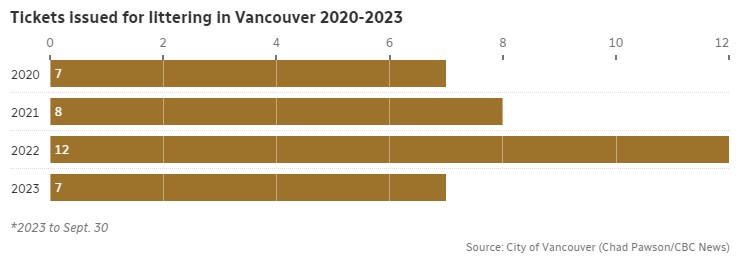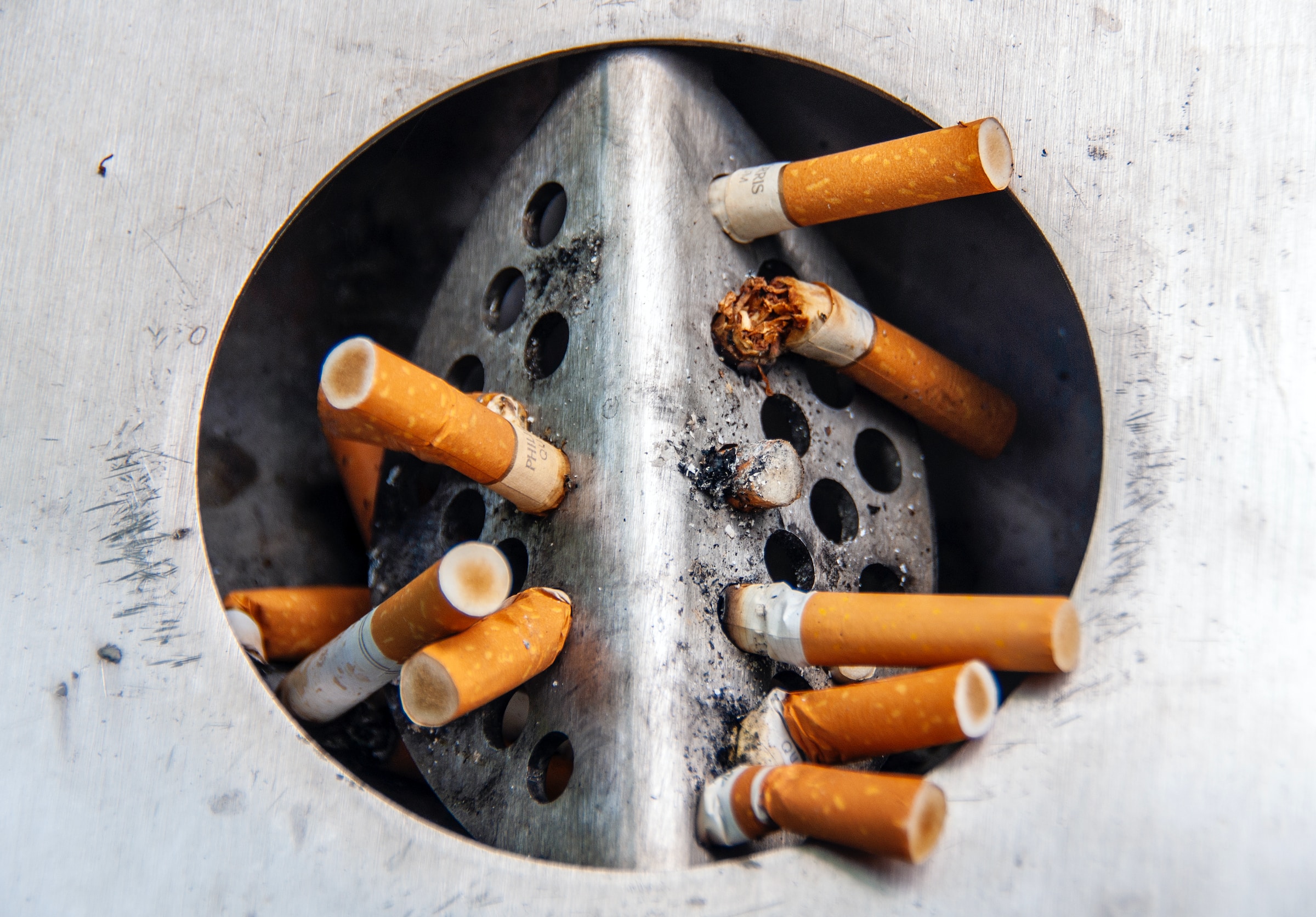Many cities have a problem with litter, and cigarette butts present a particularly nasty problem because the materials break down so slowly. No one wants to be looking at your butt for the next ten years, so how do we get people to stop dropping them on the ground? Let’s review the fundamentals.
- What is the behavior we want?
If you are thinking that we just don’t want people to throw their butts on the ground, your change initiative will fail. We need a ‘do’ rather than a ‘don’t.’ We want them to dispose of them in a proper receptacle: ashtrays or pocket pouches will do nicely. Clearly define what we need people to move towards.
2. What are the barriers to compliance?
Movies always show debonair characters flicking their cigarettes wherever they want or extinguishing them underfoot. The right behavior is rarely modeled in media. That needs to change.
Smokers also need access to receptacles in the right place. Some smoking zones do not have them. In an effort to remove barriers, the City of Vancouver has been distributing pouches to store butts in and that is seeing some effect, but it’s a tough go. People have to remember to carry them and use them. I suspect many do not relish the thought of keeping stinky refuse in their pocket.
3. What are the incentives to change?
Are there consequences for non-compliance that smokers will want to avoid? Nope.

The City of Vancouver is working on this issue. A study of tickets issued for littering yields a shocking count of just 7 this year. That bears further investigation but for now, we know there are no consequences for existing behavior.
What about positive consequences for embracing the behavior we want? It’s pretty thin. Those who ensure their cigarettes get to the right receptacle do it because they care about doing what’s right for our environment. They are educated. They know their butts leave a mark (OK, I really couldn’t help that one).
Therefore, to drive change, we begin by focusing on how people think. If we can reframe the perspective through education, encouragement, and reinforcement, and create discomfort with the status quo, we are most likely to see new behaviors grow.
We also recognize that the source for guidance matters. Relationships and credibility are powerful. City leaders have some sway, but the most powerful influencers are those we are closest to:
“The City of Vancouver is hoping peer pressure, or so-called social nudges, from those doing the right thing will provide the change necessary to finally solve cigarette butt waste. “Education and outreach can only reach so many people,” said Patrick Chauo, a solid waste engineer. “I think it’s more about if you have a friend or family [member] that smokes, it’s more about talking to them about it, encouraging them to use a pocket ashtray, do not litter.””
With a clear view of the situation, now we can get creative with additional tactics:
- Put brightly colored cigarette receptacles in smoking zones
- Paint targets on outdoor ashtrays. People love to score!
- Hand out random token rewards for people butting out in the right place.
- Sign up celebrities to do a humorous demonstration of proper smoking etiquette
Every change we sponsor is built upon a shift in behavior. Getting a clear fix on the goal, evaluating barriers, and creative attractive benefits with creative tactics are critical keys to helping people embrace something new.
Thoughtfully yours,
Jeff Skipper



